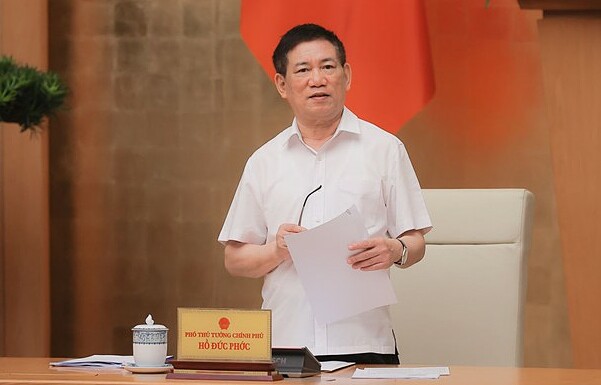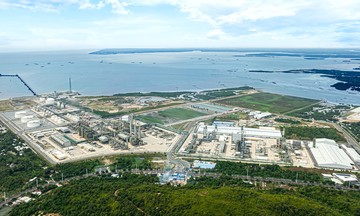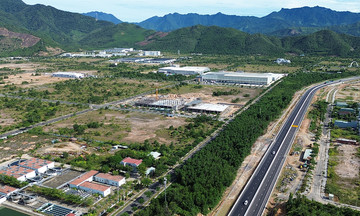The deputy prime minister made this statement at a meeting of the Steering Committee for Restructuring Credit Institutions and Handling Bad Debts on the morning of 1/8.
Delegates also raised several opinions on the restructuring of SCB, handling bad debts, cross-ownership, coordination between monetary policy and fiscal policy, the capital market, and handling secured assets and bad debts in the land and real estate sectors.
The deputy prime minister requested the State Bank of Vietnam to maintain tight control and stability of the banking system, continuously monitor and evaluate restructured credit institutions and potentially weak banks to have timely and effective solutions.
Recently, 4 weak banks were mandatorily transferred to 4 commercial banks. Vietcombank acquired CBBank, renaming it to the digital bank VCBNeo. HDBank acquired DongABank, transforming it into the digital bank Vikki Bank. MB acquired Oceanbank, changing it to the digital bank MBV. GPBank was transferred to VPBank. In addition, SCB is a weak bank currently in the process of seeking investors.
SCB was placed under special surveillance in 10/2022 after many of the bank's branches and transaction offices experienced a rush of withdrawals by customers.
In April of this year, the State Bank of Vietnam also announced that it had drafted a report to the Government and the Politburo on the plan to restructure SCB. Previously, the agency said many investors had proposed to participate in the bank's restructuring. By June, Van Thinh Phat Group Joint Stock Company submitted a proposal outlining a 12-year roadmap for handling the consequences at SCB, with 2 billion USD readily available.
 |
Deputy Prime Minister Ho Duc Phoc chairs the meeting of the Steering Committee for Restructuring Credit Institutions and Handling Bad Debts. Photo: VGP |
Deputy Prime Minister Ho Duc Phoc chairs the meeting of the Steering Committee for Restructuring Credit Institutions and Handling Bad Debts. Photo: VGP
At the meeting, Mr. Ho Duc Phoc also requested the State Bank of Vietnam to effectively manage monetary policy, stabilize the macroeconomy, combat inflation, control exchange rates, and promote economic growth.
At the same time, the management of monetary policy needs to be synchronized and harmonized with fiscal policy. The banking sector is tasked with promoting digital transformation in payment activities, ensuring capital supply for production and business, effectively managing the foreign exchange market, researching, and proposing solutions for issuing bonds in USD.
Regarding credit growth limits, in the short term, the deputy prime minister stated that this is still a management tool, and increasing the "room" in the current period is necessary, especially for effectively operating banks. Besides, he emphasized the need to design and effectively implement preferential credit packages (for social housing loans, poverty reduction...), strictly manage cash flow, and direct credit towards production and business to help the economy develop quickly and sustainably.
Quynh Trang












